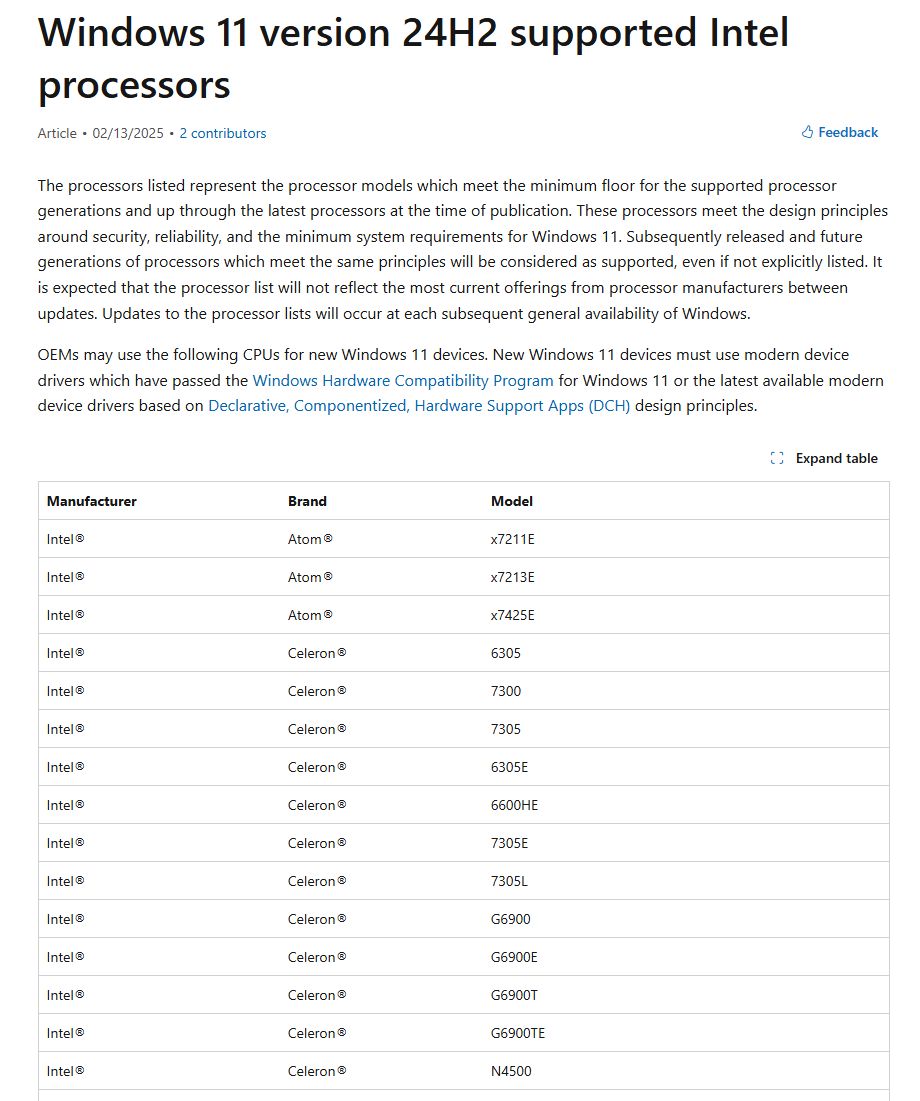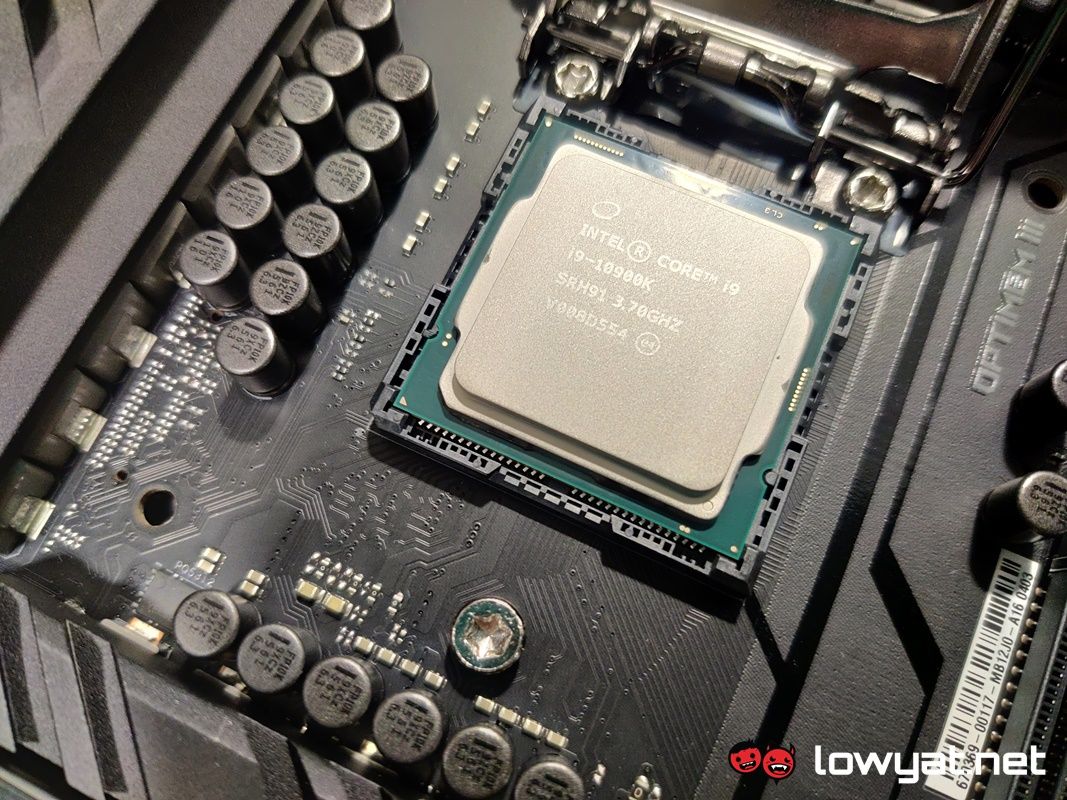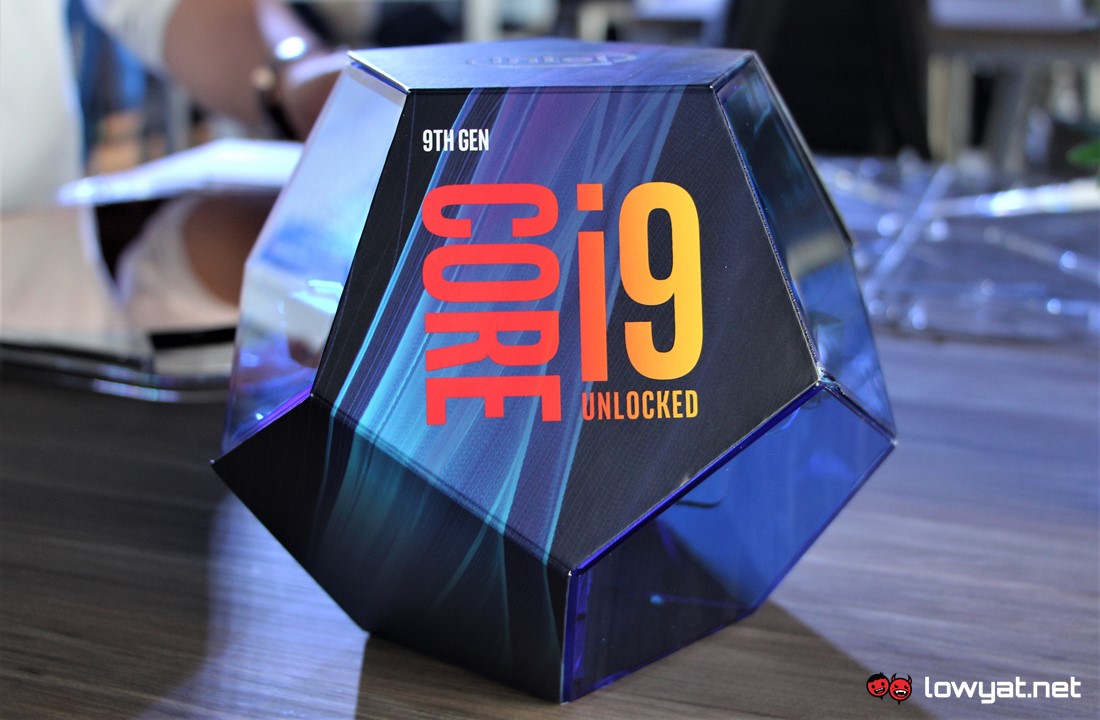Microsoft has published its list of Windows 11 24H2-supported Intel processors for new OEM systems. While the list includes many new chips, Intel’s 8th, 9th, and 10th Gen processors are noticeably absent.
The hardware requirements for Windows 11 has always been a point of contention. The TPM 2.0 prerequisite received a lot of pushback from consumers as it meant many older systems could not be upgraded to Windows 11.

Tom’s Hardware notes that the exclusion of 8th, 9th, and 10th Gen processors means that processors that are launched as recently as 2020 like 10th Gen Comet Lake will be cut off from support. On the other hand, Tiger Lake, which also launched in 2020 is included in the official support list.
Microsoft did not offer an explanation for the lack of inclusion of these processors. However, it is speculated that the absence of said chips is due to Intel’s decision to move 7th to 10th Gen Intel Processor Graphics and related Intel Atom, Pentium, and Celeron processor graphics to a legacy software support model.

It is worth noting that this list is for OEM systems, which means that users who are currently running Windows 11 on any of these old processors have no cause for concern. It does mean that Windows device manufacturers must build devices with at least Intel 11th Gen processors. Microsoft has also stated that any future generations of processors which meet their required design principles will be considered as supported even if they are not explicitly listed.
(Source: Tom’s Hardware)
Follow us on Instagram, Facebook, Twitter or Telegram for more updates and breaking news.



